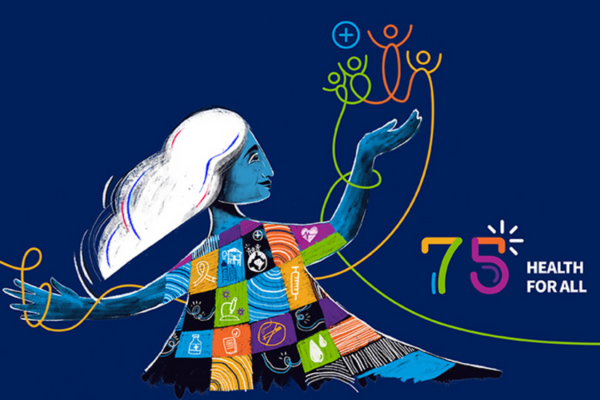
Each year, we celebrate World Health Day on 7 April.
World Health Day exists to highlight that the right to health is a basic human right. This year’s theme is ‘Health for All’, celebrating 75 years of improving public health.
Approximately 30% of the world’s population is unable to access essential health services. Within Australia, individuals living in rural and remote areas often experience difficulty accessing health care. The difficulty of accessing healthcare services is even higher for Aboriginal and Torres Strait Islander people.
Several factors have caused disparities in health determinants and reduced access to healthcare services, including cost barriers, accessibility and a lack of culturally appropriate health. In 2018 the burden of disease for Aboriginal and Torres Strait Islander peoples was 2.3 times more than that of non-Indigenous Australians.
The Remote Area Health Corps (RAHC) recognises the challenges that Aboriginal and Torres Strait Islander Australians face in accessing essential healthcare services, and the importance of building relationships with Aboriginal community-controlled health services. By providing culturally appropriate care that caters to the unique needs of Aboriginal communities, we can improve accessibility and quality of healthcare for Indigenous Australians and promote health equity for all.
“On World Health Day and every day, RAHC commits to improving the health and wellbeing of Aboriginal and Torres Strait Islander peoples. We must address the factors that contribute to health inequality, including social determinants, systemic racism, and lack of access to healthcare. By working together in partnership, we can create a healthier and more equitable future for all,” says RAHC National Manager Kim Whiteley.
For more information, you can read the Aboriginal and Torres Strait Islander Health Performance Framework: Summary Report 2023 here.
